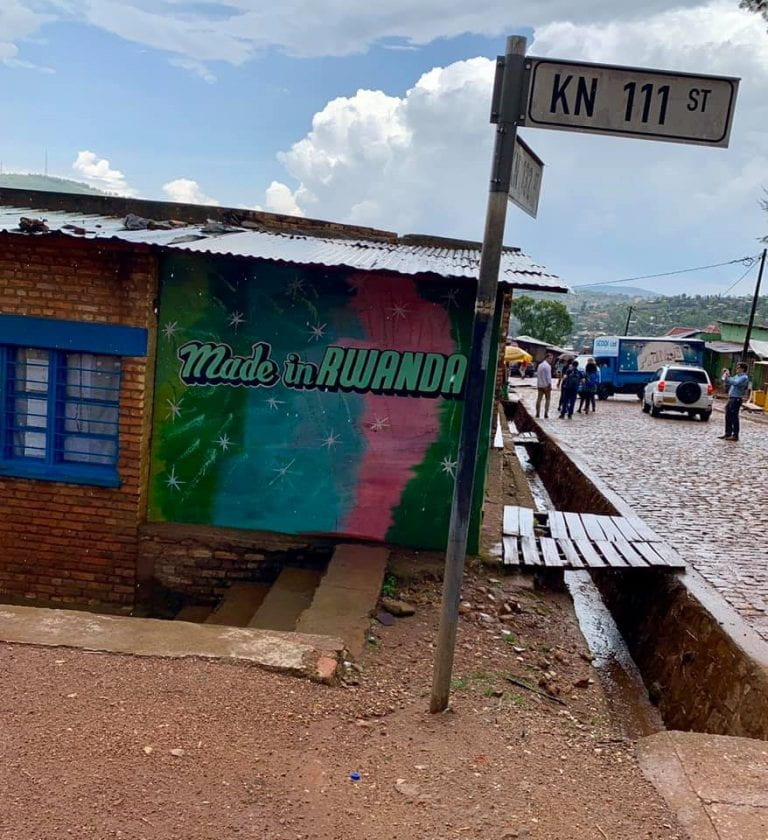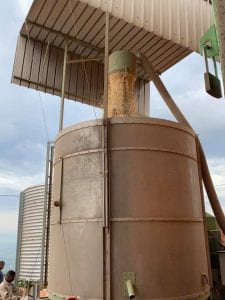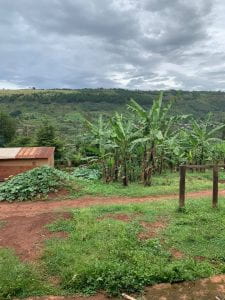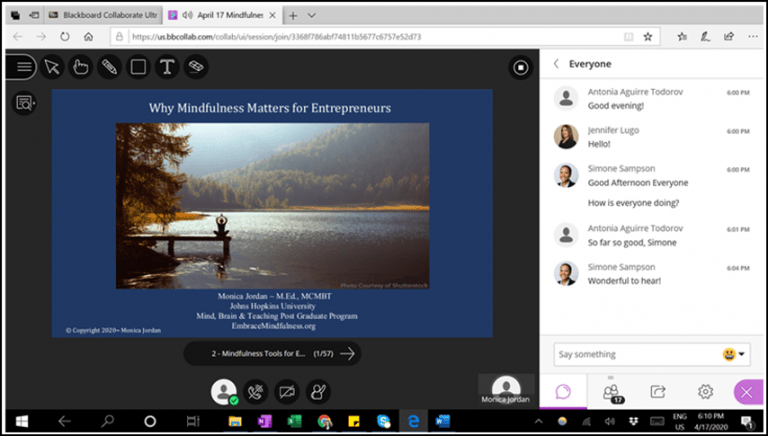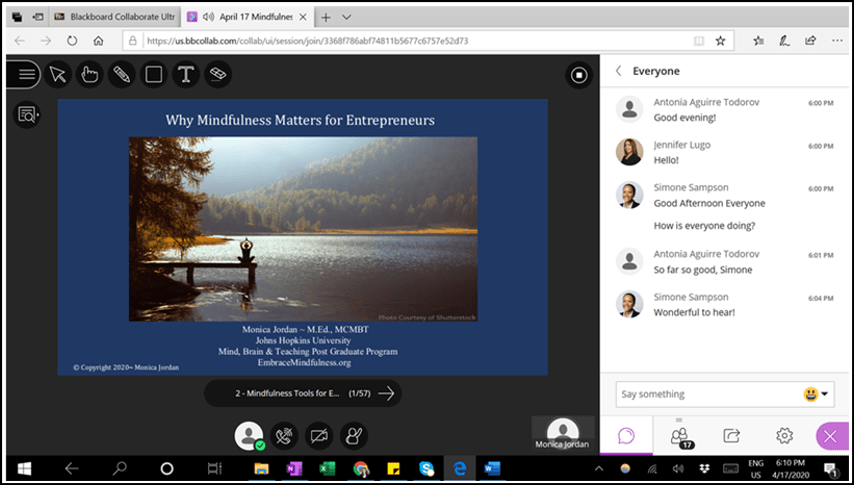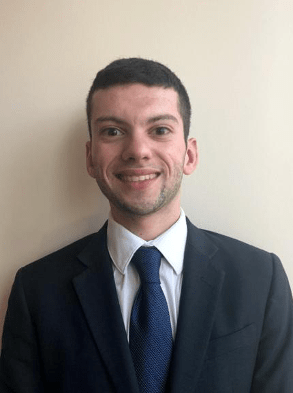Below is Nicole Carney’s (GSEHD ’20) reflection of her experience on the short-term study away program (STAP), Rwanda: Global Business Project: Impact Investments in SMEs. The course was taught by Dr. Reid Click, Associate Professor of International Business, and involved an international travel to Kigali, Rwanda during the academic spring break in 2019.
When I applied to G&EE’s short-term study away program (STAP) to Rwanda in the fall of 2018, I was just beginning my graduate career and trying to make sense of the path I was forging for myself. As a master’s candidate studying international education in George Washington University’s Graduate School of Education and Human Development (GSEHD), I was stepping outside of my comfort zone by applying to a program in the School of Business. To be honest, when I applied for the program, I did not know much about impact investing or even the necessary elements of an investment memorandum but was looking to learn and expand my skillset.
I saw this STAP as an opportunity to view development through another lens and visit a nation that I had conducted a substantial amount of research on in my own master’s program. At this point in my academic career my research focus area had primarily revolved around education as a peacebuilding tool in post-conflict settings, with Rwanda being a prime case study. However, I knew peacebuilding could not be solely attributed to strengthening education systems. Any international development project, no matter the sector, does not just take place in a vacuum and I saw this as an opportunity to learn more about the businesses that have contributed to the economic growth of the country.
I had been to Africa years prior but had never experienced the lush green hills of Rwanda in person. I was blown away by the city center in Kigali and how it was becoming a business epicenter for the continent and true development model for neighboring nations. Also, I could not get enough of the Akabanga hot sauce. Seriously I put that on everything. However, I was there with a specific goal, to assess the status of a designated agricultural cooperative and deem whether it was ready for investment. I took this time to study my classmates in action, practicing the very business skills they had acquired at GWSB and apply it to a real-life scenario. As a non-business student, I was able to learn from the business students and let them take the lead when it came to asking about financial statements, something I wasn’t confident in myself.
However, I do hope they gained something from my participation as well. Throughout our various site visits and business meetings I believe I came in with a different mindset than some of my classmates. They may have asked the questions about return on investment, but my questions were centered on the learning potential that could accompany various activities. During a business visit to the East Africa Exchange (EAX), a commodities exchange, they told our class about a mobile application they developed to track trading and receipts. I asked whether they had considered integrating a knowledge-sharing piece into the application, so farmers could be connected to share best practices. Ultimately, there are many key elements needed for economic prosperity in a nation, and education is one of them.
Overall, I want to say “murakoze” (thank you in Kinyarwanda) to Dr. Click and the Global and Experiential Education (G&EE) for allowing me to partake in this business project and the impact it has made on my career path.
Nicole Carney is a graduate from the George Washington University Graduate School of Education and Human Development (GSEHD – ’20) and holds a Master’s in International Education.

